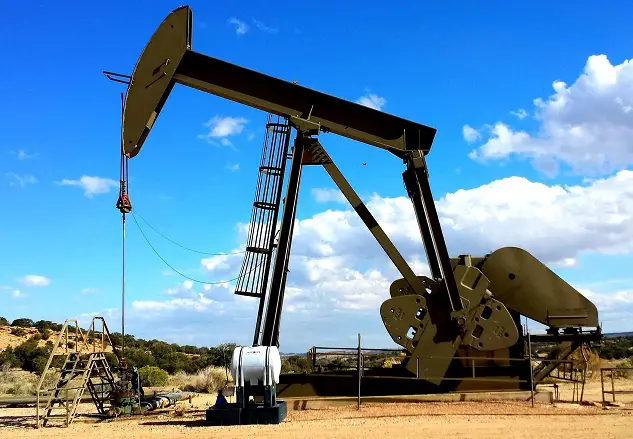On Tuesday, Russian newspaper Kommersant reported that Russian energy companies increased their average daily production of crude oil and condensate by 2% in February, to 1.508 million tons per day, compared with January’s production numbers.
As oil output for February reached the pre-sanctions level for the first time, it was noted total production numbers may actually exceed the February 2022 output.
Following the imposition of sanctions in March of 2022, oil output plummeted. However since then it has gradually recovered, as the market reorganized supply lines, with Europe drawing away non-Russian supplies from other markets, reducing supply and driving up prices in those markets, and Russia stepping in to fill the void.
The International Energy Agency (IEA) noted Russian oil production and exports have done, “mush better than expected” in recent months in spite of Western embargoes and price caps targeting the sector. Toril Bosoni, the head of the oil industry and markets division of the IEA said in an interview with CNBC that this was a result of how Moscow was able to reroute the oil it had previously sold in Europe into Asian markets.
The fall in Russian crude exports to the EU was particularly offset by increases in purchases by China, India and Türkiye.
The IEA also claimed the Western price caps imposed on Russian oil may also be boosting sales by reducing the price the oil is offered at, making Russian crude more attractive to buyers than oil from other sources.
The EU and G7 nations set price ceilings on Russian petroleum products of $100 per barrel of diesel fuel, $45 for products which trade below the crude price, and $60 per barrel for crude oil. Any exports of these products which trade over the limits are forbidden to receive shipping insurance, brokerage ,or other services from Western companies.
For its part, Russia has forbidden the sale of any products under the price cap scheme. Furthermore, in retaliation for the imposition of the price caps, Moscow has ordered a reduction is oil production of about 500,000 barrels per day, or roughly 5%, beginning on March.

